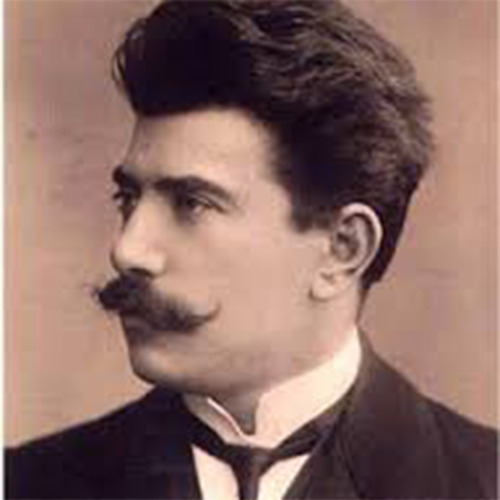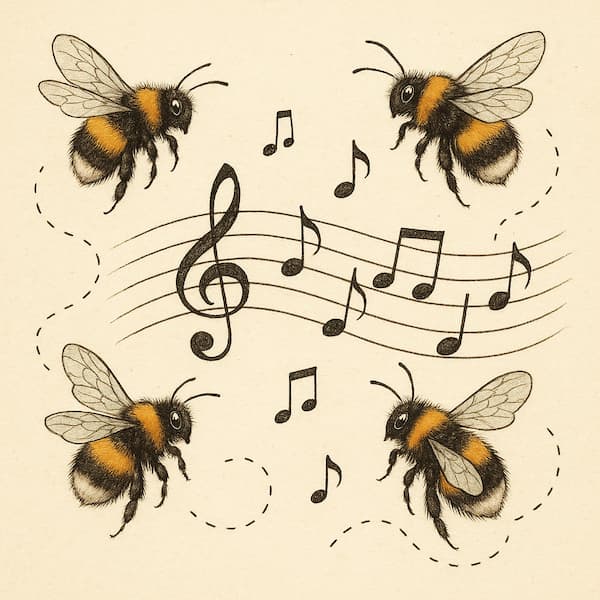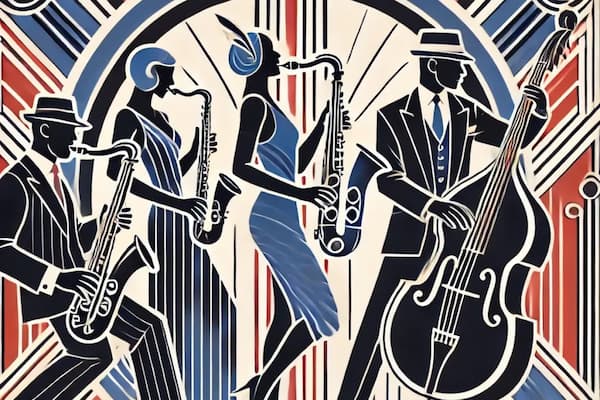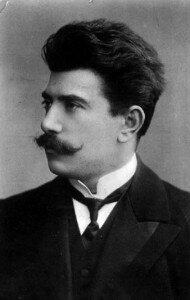
The Young Reinhold Gliére
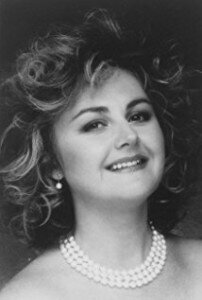
Edita Guberova
Glière: Coloratura Soprano Concerto, Op. 82: I. Andante (Edita Guberova, soprano; Stuttgart Radio Symphony Orchestra; Kurt Peter Eichhorn, cond.)
In the score, the composer says nothing about what kind of vocal sound the singer should make. There’s little indication of where the singer should breathe and it seems as though Glière imagined the voice as an instrument without limits.
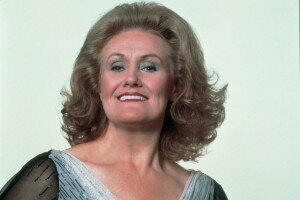
Joan Sutherland
This kind of freedom means that the singer, more than in any other normal singing genre, is free to be an instrument. The best instrument she can be, working on a lyrical basis provided by the composer.
When you listen to a highly experienced coloratura take the work, it assumes a different sound than you might have heard in the first recording.
Glière: Coloratura Soprano Concerto, Op. 82: I. Andante (Joan Sutherland, soprano; London Symphony Orchestra; Richard Bonynge, cond.)
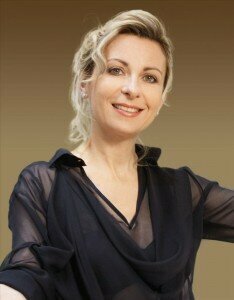
Natalie Dessay
Glière: Coloratura Soprano Concerto, Op. 82: I. Andante (Natalie Dessay, soprano; Berlin Philharmonic Orchestra; Michael Schønwandt, cond.)
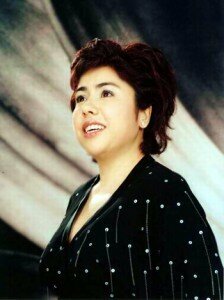
Dilbèr
Glière: Coloratura Soprano Concerto, Op. 82: II. Allegro (Dilbèr, soprano; Malmö Opera Orchestra; Muhai Tang, cond.)
As a pure instrument, the voice is rarely exhibited in manner such as this. We’ll let Joan Sutherland have the final word on this!
Glière: Coloratura Soprano Concerto, Op. 82: II. Allegro (Joan Sutherland, soprano; London Symphony Orchestra; Richard Bonynge, cond.)
Her performance, of all the ones here, seems the most operatic in its delivery and, at the same time, the most exploiting the voice as pure instrument.

